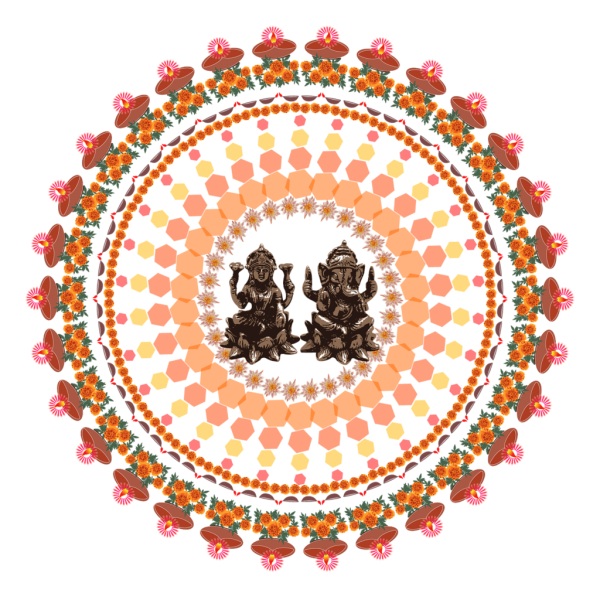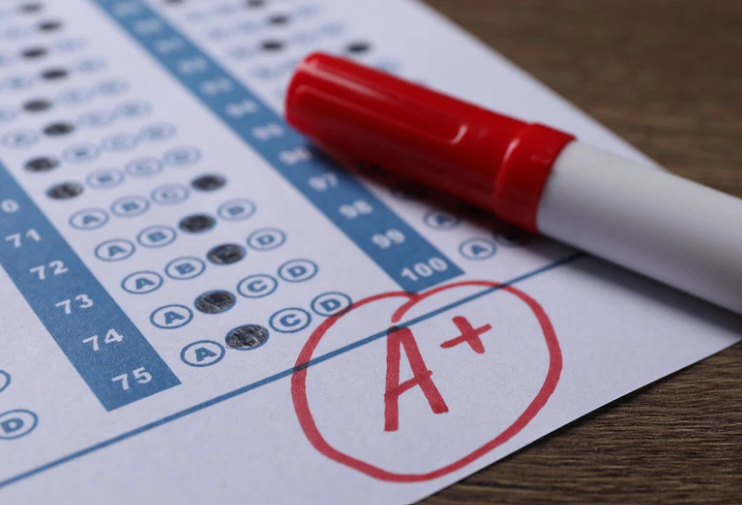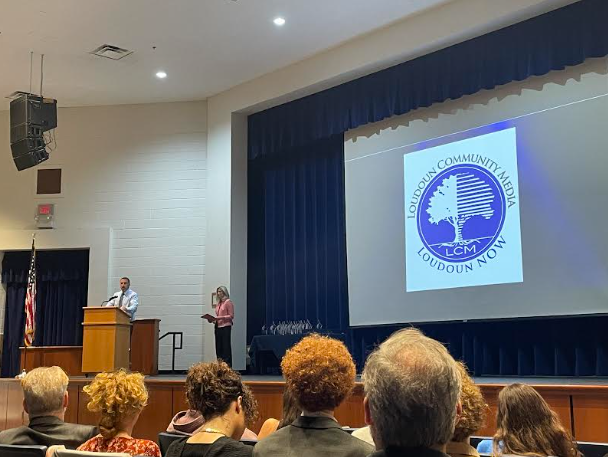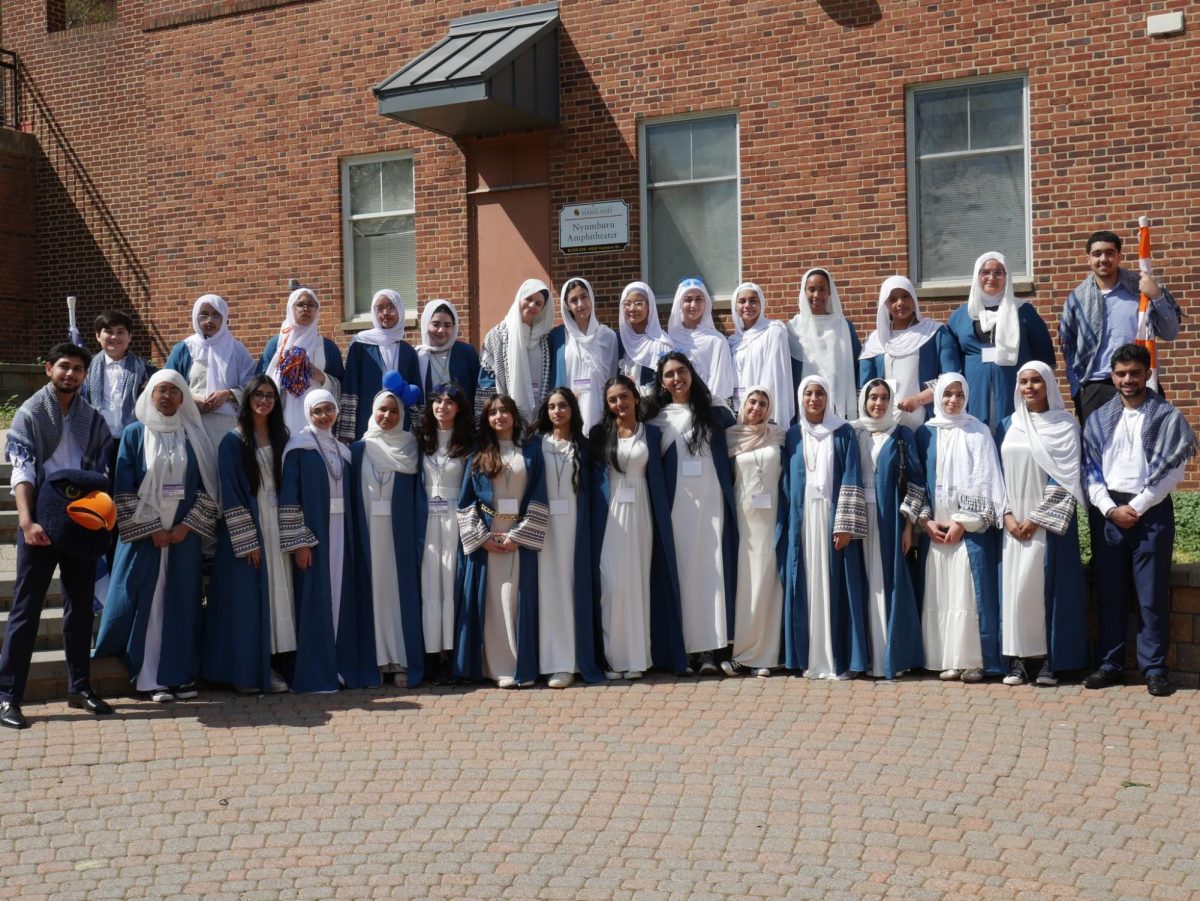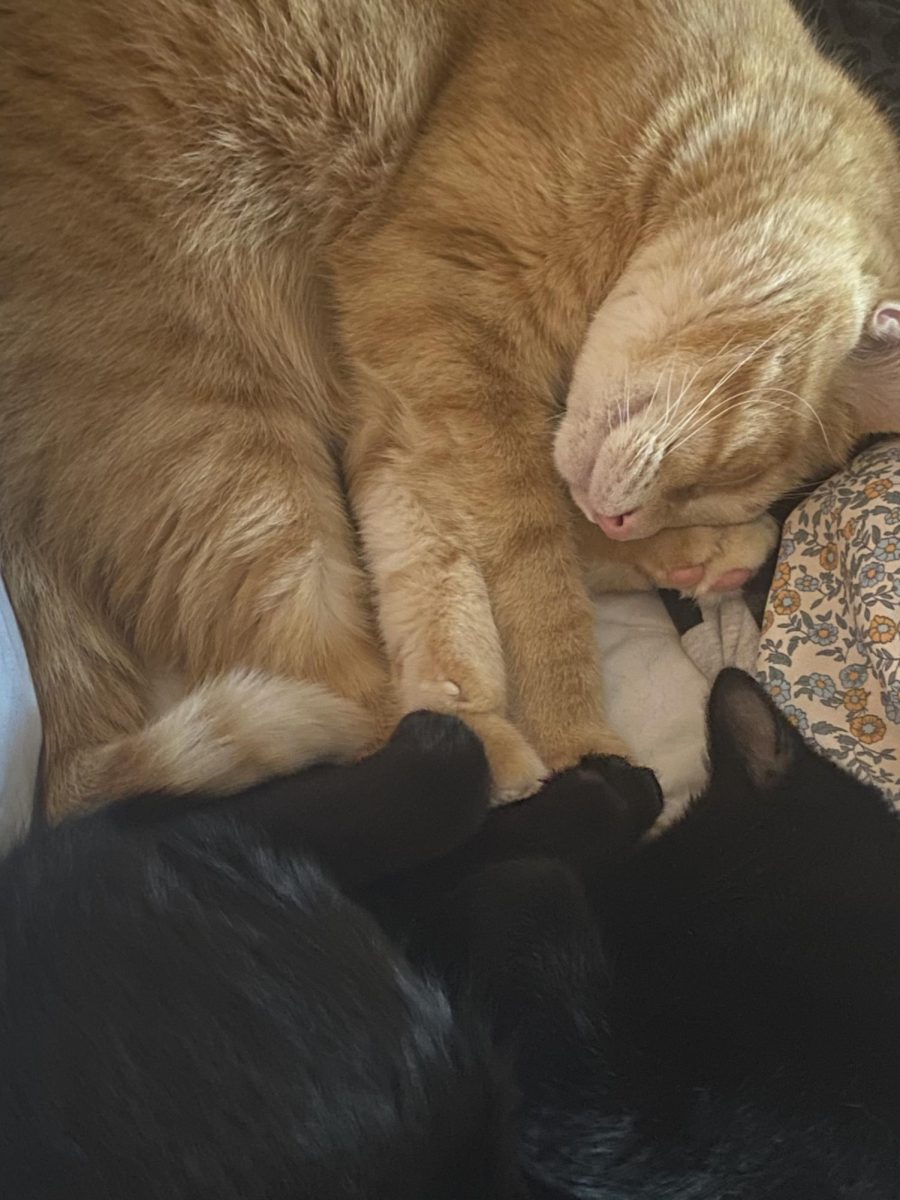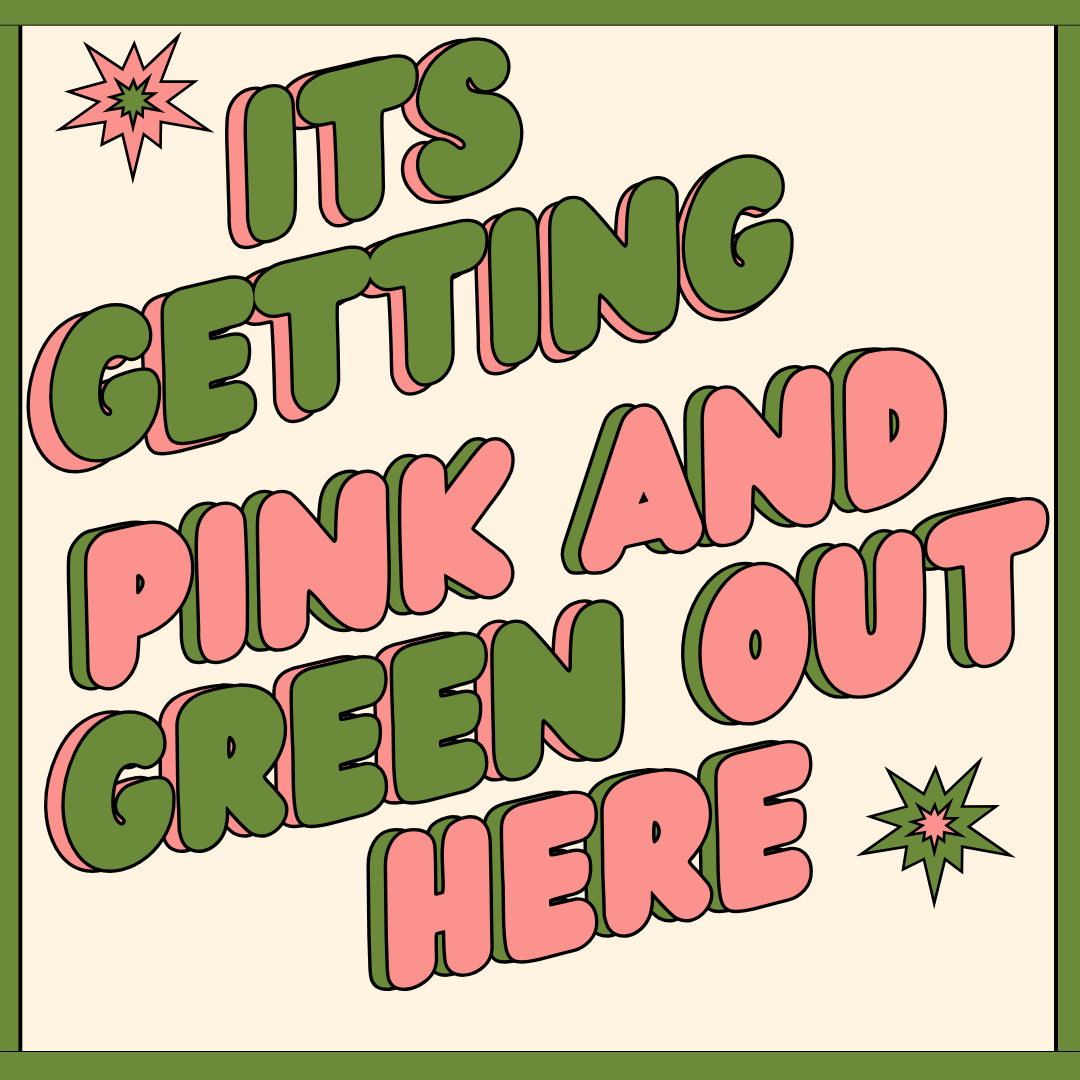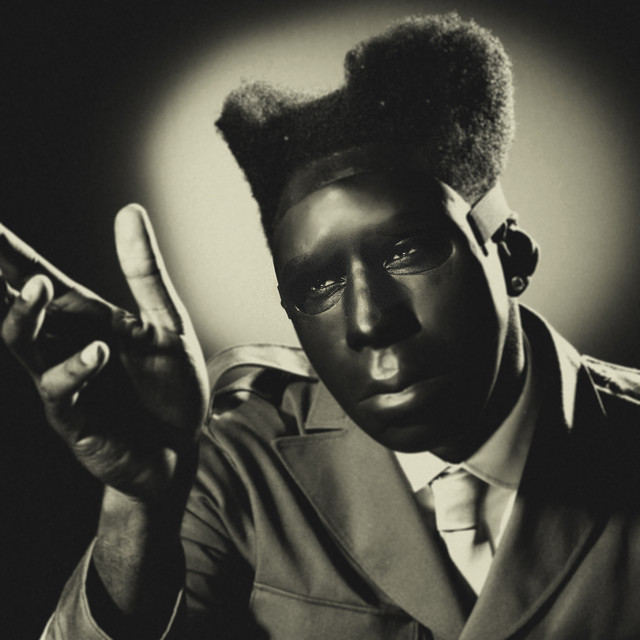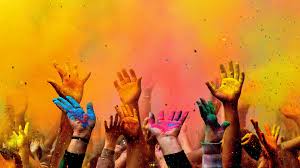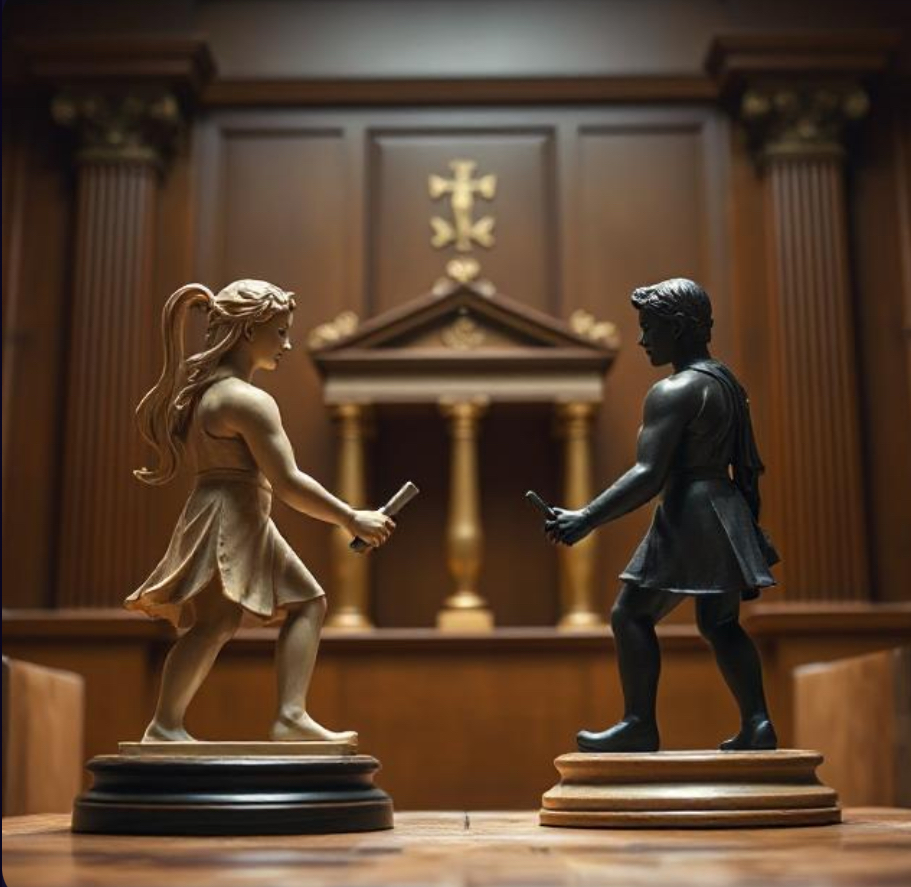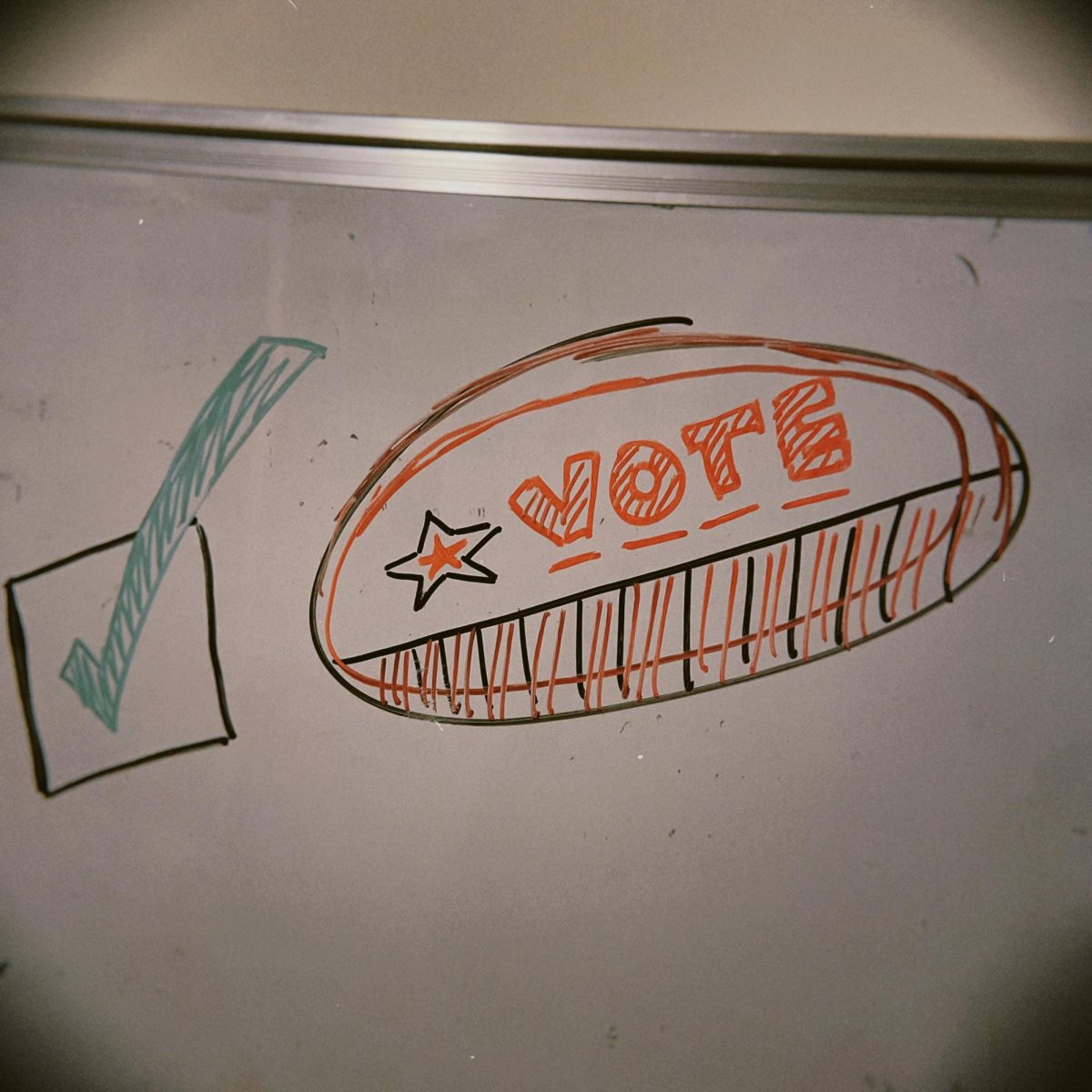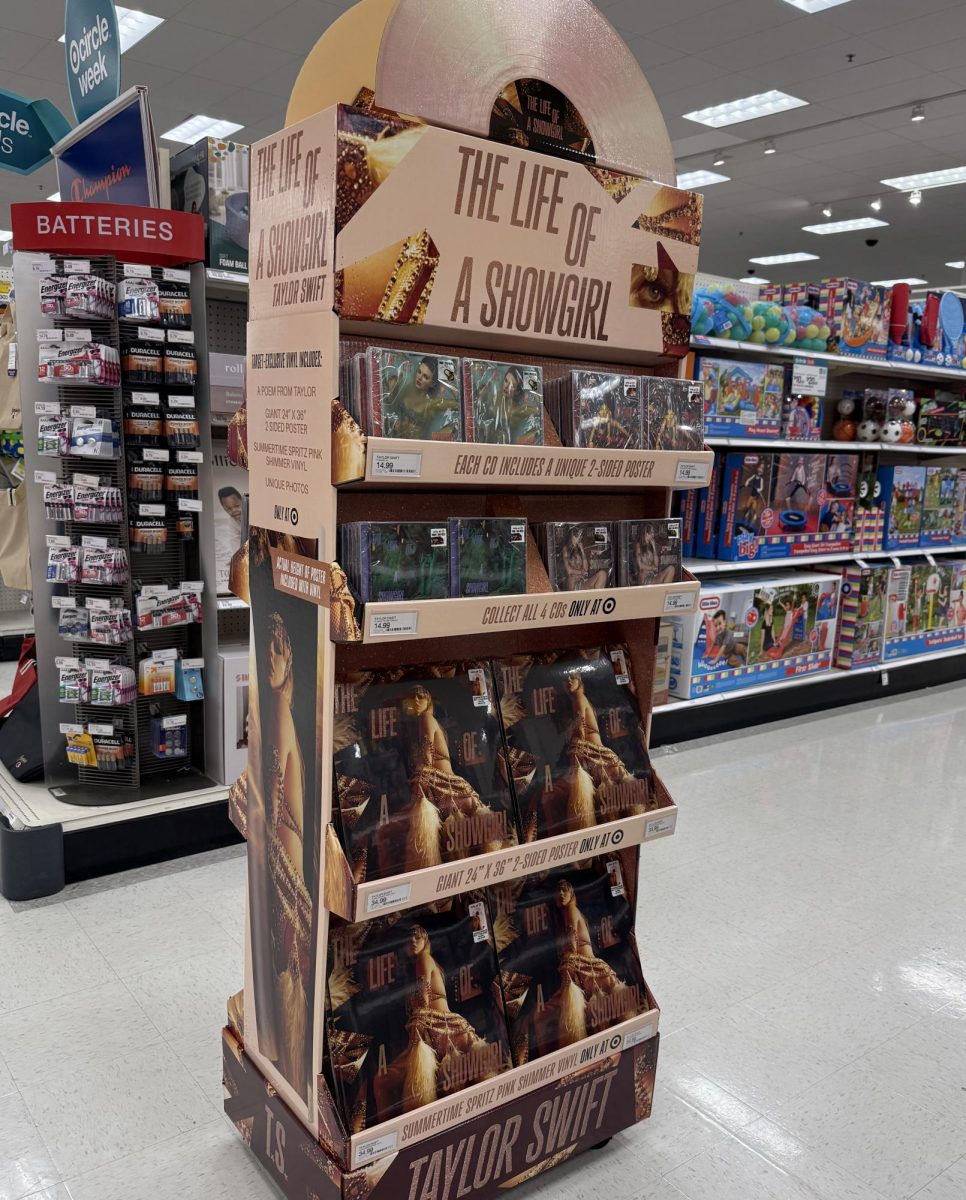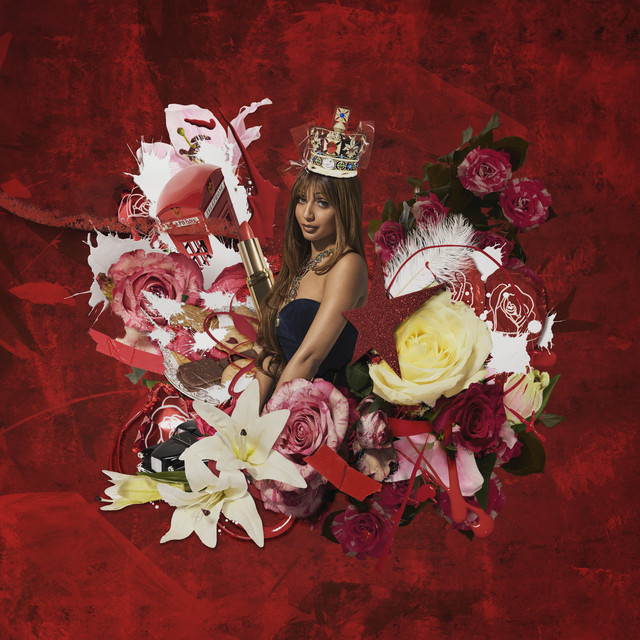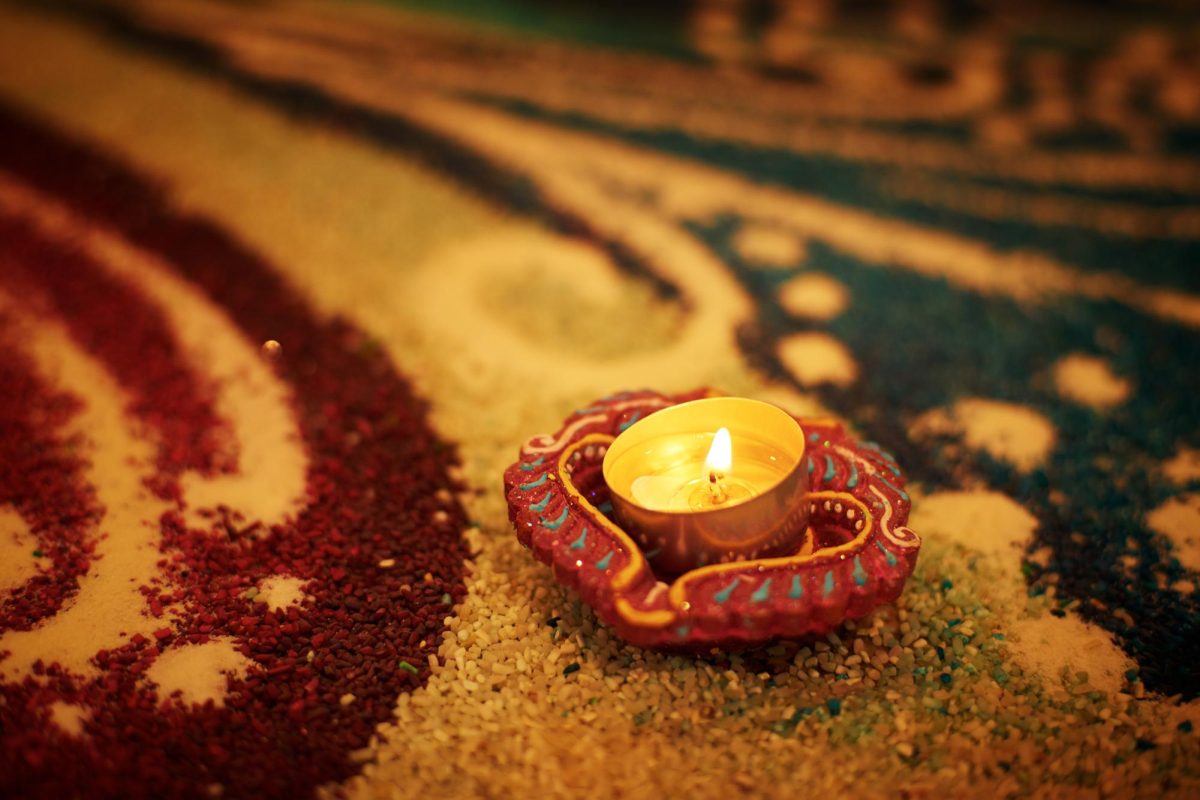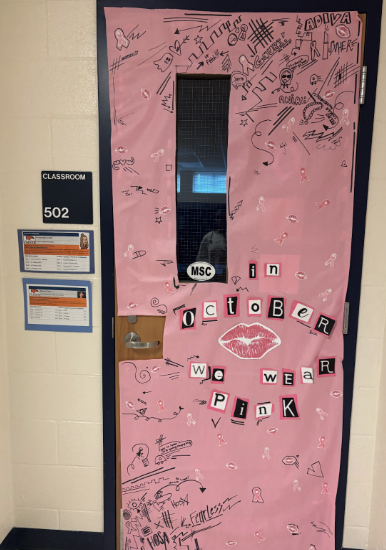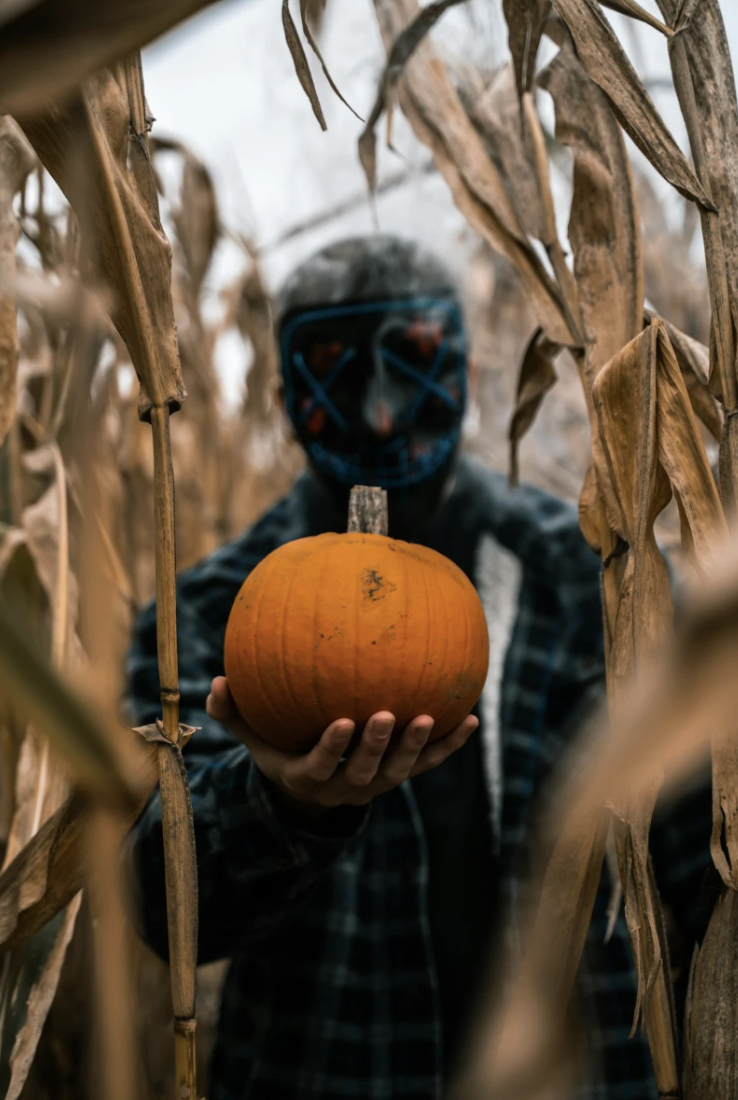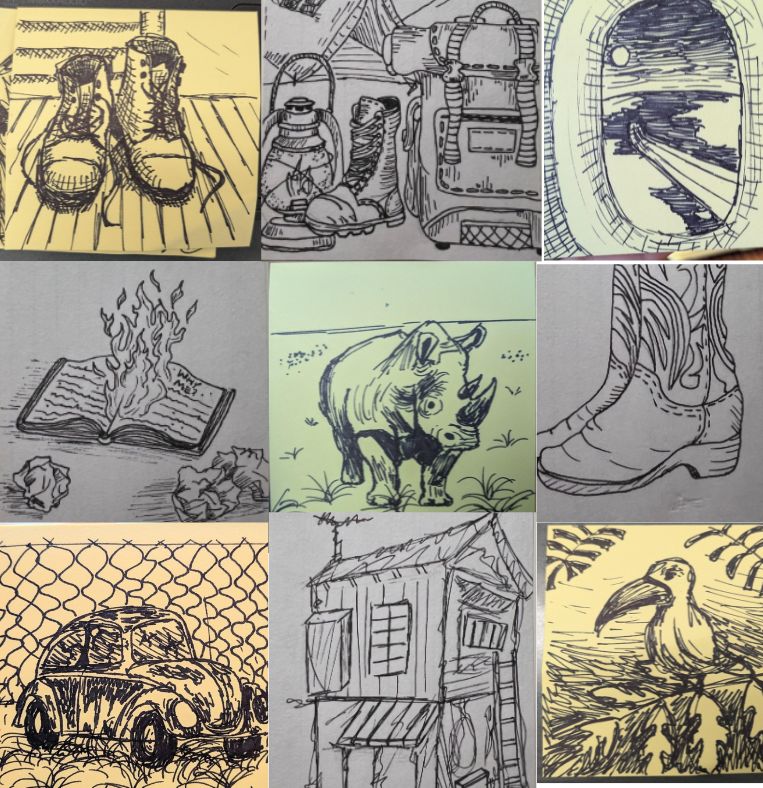Diwali, formally known as Deepawali, is the third largest celebration in the world, celebrated by over 1,000,000,000 people. This story explores how Diwali is celebrated in the diaspora and how diaspora families keep traditions alive.
Diwali has evolved over millennia and is celebrated by Hindus, Sikhs, Jains, and even some Buddhists, Muslims, and Christians in India. How do families keep the tradition alive in the Diaspora?
I interviewed a fellow Briar Woods student, Jeevaksh Singh, and asked him “How do you think Diwali will evolve in the future?”
Jeevaksh stated “Diwali started as a harvest festival and now it’s growing in popularity around the world famous in cities, but I don’t think it will evolve as much in the future other than new innovations in technology and such.”
Diwali is celebrated differently in different parts of India. Kali (Mata) Puja is done in Bengal and Naraka Chaturdashi or Choti Diwali is celebrated popularly in South India. Tihar is celebrated in Nepal and Swanti is celebrated by the Newar people. Jains celebrate Mahavira Nirvana (Divas) and Sikhs, majority in Indian Panjab, celebrate Bandi Chor Divas.
Sameet: How does Diwali in Hinduism differ from other religions such as Sikhism?
Jeevaksh: Compared to Sikhism which observes one day (Bandi Chor Divas), Hinduism observes 5 days. Hindus purchase new things which Sikhs mostly don’t do. Hindus worship Lakshmi (goddess of wealth) for prosperity and believe in the stories of Ram and Krishna while Sikhs celebrate the release of the 6th guru from prison. Both Sikhs and Hindus light up their houses and temples.
How you celebrate in the Diaspora depends on where you come from. It is an official public holiday in 12 countries and sub-nationally recognized in many places like New York state or here in Loudoun County, Virginia. Diwali has been growing in popularity with various peoples and cultures now celebrating. Diwali is celebrated from Bali, Indonesia to Canada. In Fiji for example, Rangoli is created with seashell designs and there are saris with tropical designs. In Mauritius, the entire nation is lit up with oil lamps, electric bulbs, and lights. Bali, in specific, has unique deities not found in other countries as they have merged Hinduism with their folk religion.
Diwali is also bridging new connections between nations and diplomats. Indian and Chinese troops shared sweets and celebrated festivities on several points along the line of control on October 21 following the suspension of the Siachen glacier conflict. The embassies of Finland, Switzerland, Israel, Austria, Brazil, and the European Union all marked the occasion with joy to varying degrees on October 20th.
As the diyas extinguish, the essence of Diwali still persists in the Diaspora. Diwali is a testament to the traditions of an ancient and preserving civilization, transformed across millennia and continents; the diaspora makes sure that Diwali will be a global tradition that will continue for the foreseeable future.